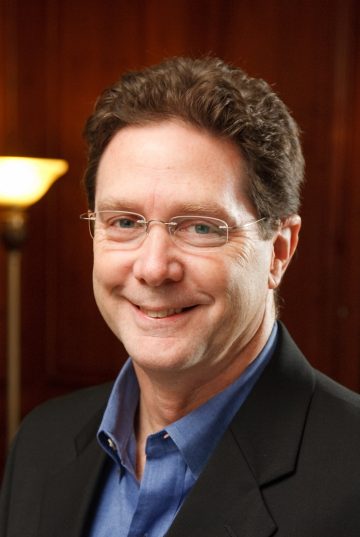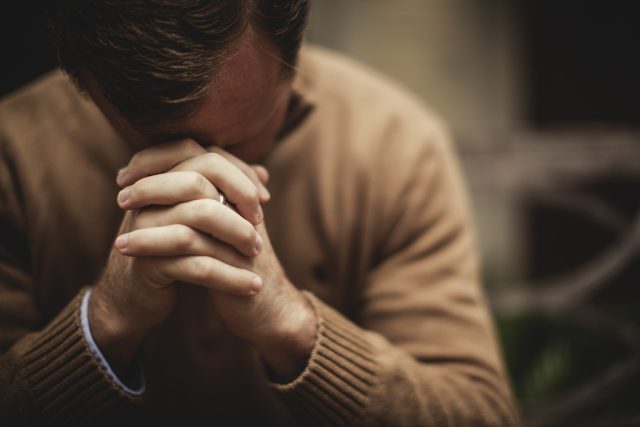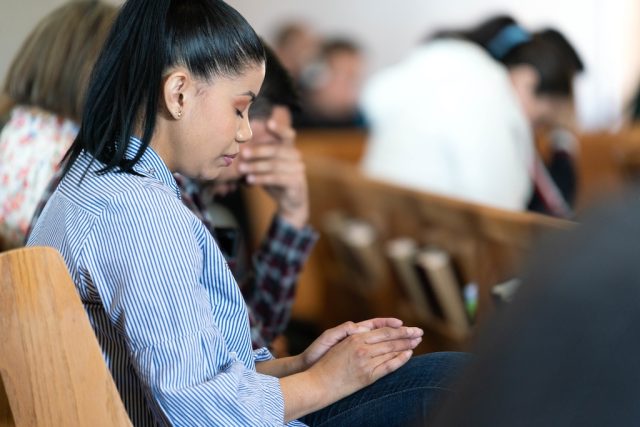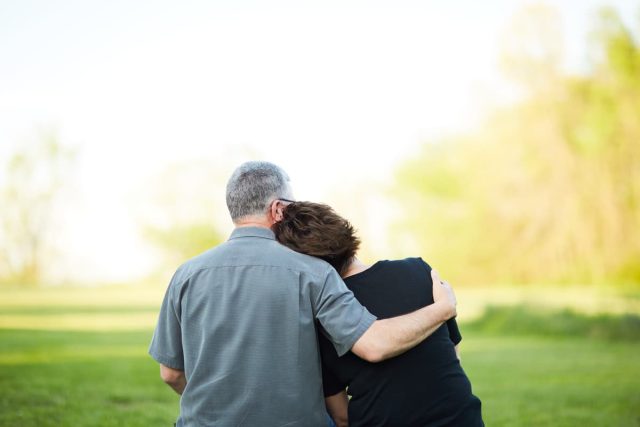Article
How Far Do We Go with Vulnerability?
That pastors ask regularly for prayer in the church should be a non-negotiable. But how transparent should we be with others about our own situations and struggles with sins?

We are by definition needy people. And we’re not needy for love. We’re needy for Christ. We’re needy for forgiveness of sins. We are creatures who are still sinners – and those two things make us very needy people.
If faith is understood as simple allegiances, we put our trust in Christ. But faith also says “I need Jesus.” It shows our own inability.
So the one big question arises: How can pastors demonstrate that? The easiest way would be simply to ask for prayer: that they would be able to speak of Christ clearly, as they’re called to do; that in their daily conversation with others they would have both the wisdom and a boldness to speak of Jesus.
Inbred in the very gospel is this foolishness. It’s wonderful! The gospel never makes us look smart! And so it sets us up for a certain rejection in relationships.
So for pastors to have this steady diet of asking for prayer in the church should be a non-negotiable. Prayer for something as simple as they’re going to be preaching the sermon or they’re doing small group Bible study. Just simply asking somebody to pray for them and giving them some guidelines from Scripture on how to pray.
But how vulnerable should we make ourselves to those we’re shepherding, particularly in a church-planting environment of a small team that’s working together closely, all working very hard for the same goal of establishing a new church and spreading the gospel in your community. How transparent should pastors be with others about their own situations and struggles with sins?
I don’t think 30, 40 years ago people were even considering that question. But now, that’s an essential question for pastors to consider in ministry.
The issue of making yourself vulnerable also is a more challenging question. My own sense would be that we keep 2 Corinthians in mind. Paul doesn’t confess his own sin in 2 Corinthians, but he is very vulnerable in the book about his struggles and trials.
In my own life, it wasn’t until after I was out of seminary that I heard a pastor speak about his neediness and sin. I had never heard that before. But I did notice that his confession of sin was the sort of “common to man” sin, in the sense that when you say it, people are nodding their heads.
This particular pastor used say, “Would you pray for me that I would listen well to my wife?” And whenever he said, that the men in the congregation would usually laugh, which is another way of saying this is a sin common to us all.
But there’s another kind of sin, that if a pastor confessed those kind of sins, nobody would be laughing, nobody would be nodding their head in agreement. They would be staring and thinking, “What? You?”
The divide between those two things is the challenging one for pastors. What I’ve seen in recent years is pastors being encouraged to have relationships where they can speak openly about the struggles they wouldn’t want to speak about publicly, because people would have so many varied responses. Such public confession probably wouldn’t be edifying for the church. But those other “common to man” sins, 2 Corinthians allows Paul to give you a way to think about those things and then to throw in what that’s going to look like in your own ministry.
So let’s hang out in 2 Corinthians to see how Paul is open with his congregation, and then ask the Lord, “Give me wisdom for what that openness looks like in my relationship with my church.”




